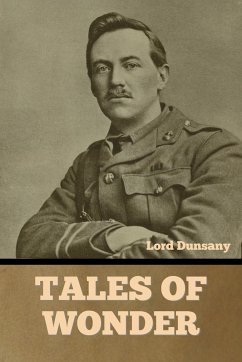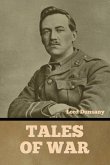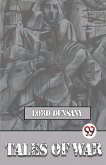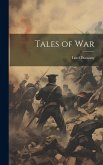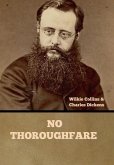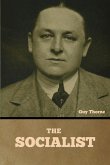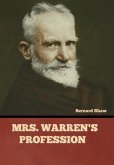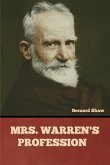The Last Book of Wonder, originally published as Tales of Wonder, is the tenth book and sixth original short story collection of Irish fantasy writer Lord Dunsany, considered a major influence on the work of J. R. R. Tolkien, H. P. Lovecraft, Ursula K. Le Guin and others. The first edition, in hardcover, was published in London by Elkin Mathews in October 1916 as Tales of Wonder, followed by a Boston hardcover publication in November 1916, by John W. Luce & Co. The title of the American edition, The Last Book of Wonder, was Dunsany's own preferred title. The British and American editions also differ in that they arrange the material slightly differently. The book collects nineteen short stories by the author. Bio: Edward John Moreton Drax Plunkett, 18th Baron of Dunsany (24 July 1878 - 25 October 1957, usually Lord Dunsany) was an Anglo-Irish writer and dramatist. Over 90 volumes of fiction, essays, poems and plays appeared in his lifetime. He gained a name in the 1910s as a great writer in the English-speaking world. Best known today are the 1924 fantasy novel, The King of Elfland's Daughter, and his first book, The Gods of Peg¿na, which depicts a fictional pantheon. Many critics feel his early work laid the grounds for the fantasy genre. Born in London as heir to an old Irish peerage, he was raised partly in Kent, but later lived mainly at Ireland's possibly longest-inhabited home, Dunsany Castle near Tara. He worked with W. B. Yeats and Lady Gregory supporting the Abbey Theatre and some fellow writers. He was a chess and pistol champion of Ireland, and travelled and hunted. He devised an asymmetrical game called Dunsany's chess. In later life, he gained an honorary doctorate from Trinity College Dublin. He retired to Shoreham, Kent in 1947. In 1957 he took ill when visiting Ireland and died in Dublin of appendicitis. Dunsany was a prolific writer of short stories, novels, plays, poetry, essays and autobiography. He published over 90 books in his lifetime, not including individual plays. Books have continued to appear, with more than 120 having been issued by 2017. Dunsany's works have been published in many languages. The then Edward Plunkett began his literary career in the late 1890s with published verses such as "Rhymes from a Suburb" and "The Spirit of the Bog", but he made a lasting impression in 1905. Writing as Lord Dunsany he produced the well-received collection The Gods of Peg¿na. Dunsany's most notable fantasy short stories appeared in collections from 1905 to 1919, before fantasy had been recognised as a distinct genre. He paid for the publication of the first collection, The Gods of Peg¿na, earning a commission on sales. This he never again had to do. The stories in his first two books, and perhaps the beginning of his third, were set in an invented world, Peg¿na, with its own gods, history and geography. Starting with this, Dunsany's name is linked to that of Sidney Sime, his chosen artist, who illustrated much of his work, notably up to 1922. ...(wikipedia.org)
Hinweis: Dieser Artikel kann nur an eine deutsche Lieferadresse ausgeliefert werden.
Hinweis: Dieser Artikel kann nur an eine deutsche Lieferadresse ausgeliefert werden.

